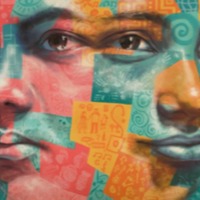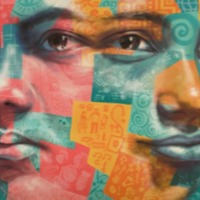Collection
Theme
Country
- Albania (trafficked from)
- Philippines (slavery location)
- Philippines (trafficked from)
- United States (slavery location)
- Indonesia (trafficked from) 17 More
Date
Type
22 results
VOICES: Narratives by Survivors of Modern Slavery
This is the world's largest archive of modern slavery survivor narratives. Across more than a million words spoken or written by survivors of modern slavery, we can see why slavery persists in particular hotspots, analyse patterns in trafficking routes, identify vulnerabilities, understand more about the challenges survivors face in liberation, and discover new antislavery solutions. These narratives offer the chance to systematically design new antislavery strategies based on the experiences, ideas and solutions of enslaved people themselves.
The database is searchable by country, name, theme, and narrative date. Narratives can be viewed in list or map form. A short introduction provides context to each narrative. Narrative provenance appears after the main narrative text.
For ideas on how to use this database, please see our accompanying guide.
Project Lead: Zoe Trodd. Team Members: Andrea Nicholson, Lauren Eglen, Rosemary Pearce, Olivia Wright.
Project Funders: AHRC Antislavery Usable Past grant (2014-19), ESRC/AHRC PaCCS Modern Slavery: Meaning and Measurement grant (2016-19), and AHRC-GCRF Antislavery Knowledge Network grant (2017-2021).
For any queries about the collection please contact: [email protected]. If you wish to cite a particular narrative, please acknowledge the survivor’s name, the provenance of the narrative and cite: Voices Database, the Rights Lab, University of Nottingham.

Milena
Milena was born in Moldova and trafficked into sex slavery in Russia, where men and women are also trafficked in from Central Asia and North Korea for forced labor and sexual exploitation. Moldova is a country origin for the trafficking of women and children into European sex slavery. Its economic…

Julie
There are an estimated 784,000 people living in modern slavery in the Philippines (GSI 2018). Men, women and children are subjected forced labour and sex trafficking both within the country and in destination countries. Women and children are subjected to sexual exploitation in brothels, bars, and…